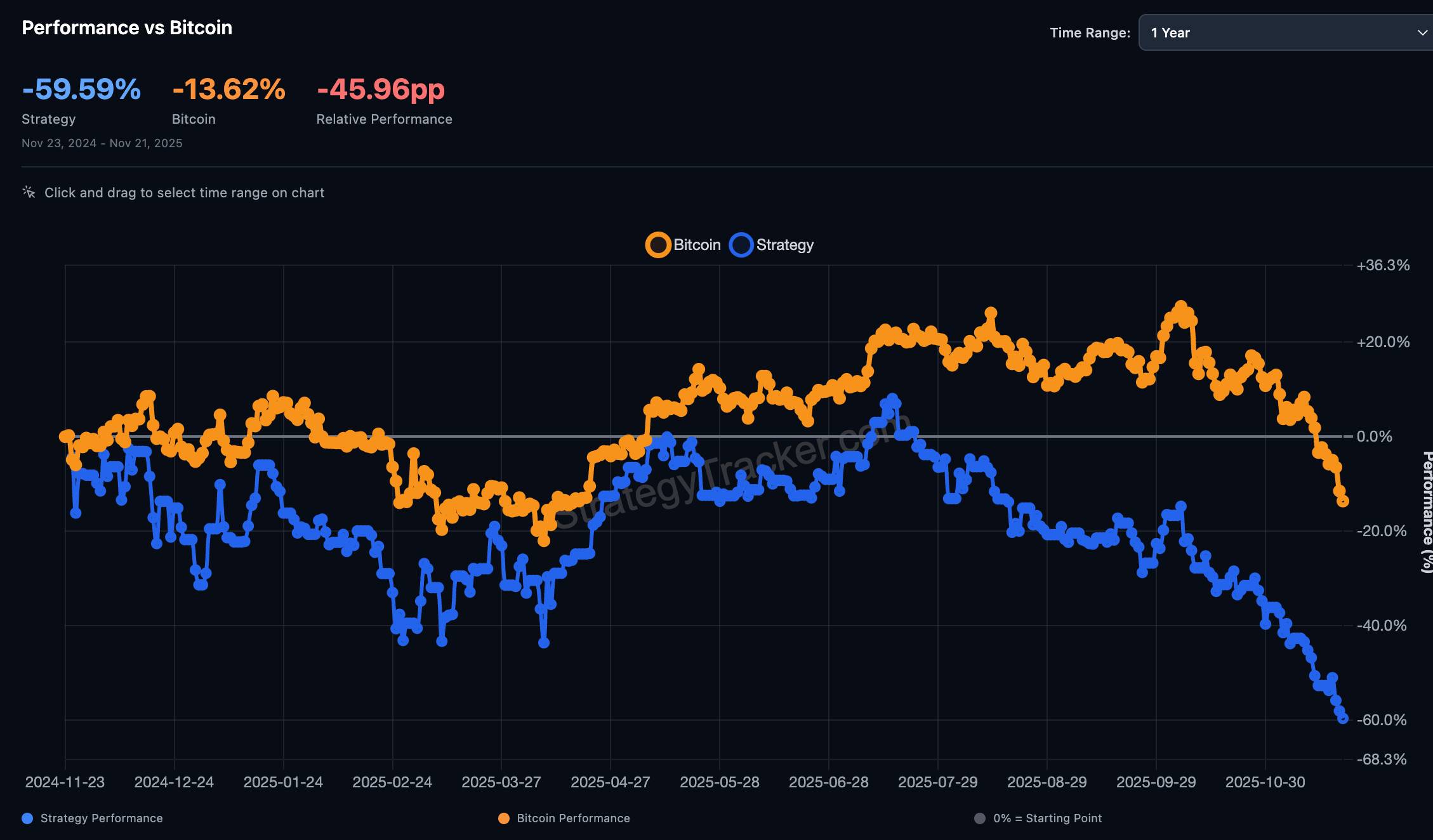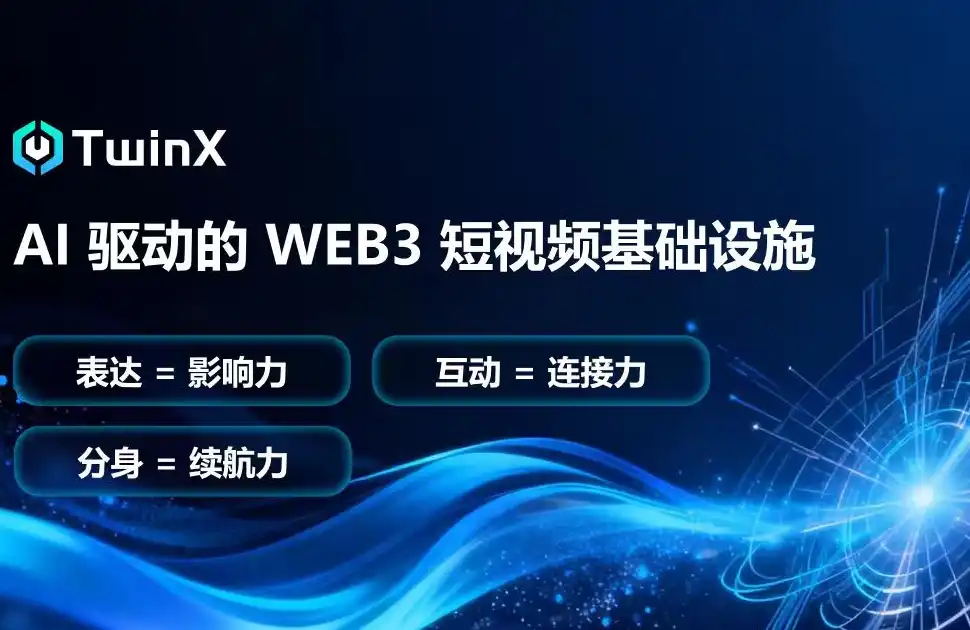Indonesia to Enforce Sweeping New Crypto Taxes From August 1

- Indonesia hikes crypto tax to 0.21% locally, 1% offshore, aiming to boost revenue.
- New tax rules shift crypto from commodity to financial asset under tighter control.
- Ethereum, USDT, and Solana face stiffer taxes, raising costs for miners and traders.
Indonesia has enforced a sweeping crypto tax hike starting August 1, intensifying fiscal pressure on both domestic and offshore crypto trading. The new regulation raises transaction tax rates significantly, targeting the booming digital asset market worth $39.67 billion in 2024. This tax overhaul reflects a strategic government move to boost revenue and tighten oversight in the fast-evolving sector.
Bitcoin Faces Heavier Regulation as Transaction Taxes Climb
Indonesia has increased the crypto tax on Bitcoin trades hosted by local exchanges to 0.21%, up from the previous 0.1%. In contrast, trades conducted via overseas platforms will face a sharper 1% tax, previously just 0.2%. Authorities removed value-added tax (VAT) for buyers, while sellers remain fully taxed under the updated structure.
Bitcoin, as a dominant trading asset, now faces regulatory costs higher than those in the stock market. These taxes are part of a broader shift categorizing crypto as a financial asset, moving away from its prior commodity status. The change comes as younger traders, especially those aged 18 to 30, drive Bitcoin adoption nationwide.
Indonesia aims to discourage the migration of crypto activity to unregulated offshore exchanges. Local exchanges previously warned that unequal tax burdens reduced their competitiveness. The government now seeks to close this gap by implementing stricter rules and new tax structures on foreign platforms.
Ethereum Trading Hit by Higher Tax Burdens
Ethereum transactions are also subject to the updated crypto tax policy, which applies to all domestic and overseas trades equally. While the VAT relief may offer minimal savings for buyers, sellers continue to shoulder the brunt of taxation. The gap between crypto and stock market tax rates is widening, placing Ethereum trades at a 30% tax rate disadvantage.
The revised tax rates come as Ethereum gains traction among younger, tech-savvy users who prefer decentralized applications. With 21 million active users in the Indonesian crypto space, Ethereum remains a major contributor to daily transaction volumes. However, elevated tax pressure may reduce trading frequency or shift volumes to overseas platforms.
These changes align with Indonesia’s broader financial oversight reforms, currently transferring crypto regulation from the commodities agency to the financial services authority. This transition seeks to harmonize Indonesia’s crypto policies with international standards. It also emphasizes data sovereignty, which recently led to the suspension of unauthorized crypto projects.
Related: Solana Maintains Momentum as SEC Delays ETF Decision
USDT and Solana Under Increased Fiscal Pressure
Stablecoins like USDT and popular alternatives such as Solana are impacted by the crypto tax revision. These assets, frequently used for quick trades and remittances, now carry higher transaction tax rates of 0.21% and 1% for domestic and foreign exchange platforms. Additionally, crypto mining now faces a doubled VAT rate of 2.2%, further raising operational costs.
Mining profits will no longer benefit from a flat 0.1% income tax, as standard income and corporate tax rates will apply from 2026. This shift introduces fiscal uncertainty for domestic operators who now face complex compliance challenges. The government sees this move as essential to capturing a fair share of gains from crypto mining activity.
Solana’s growing use for DeFi and NFT transactions may also slow because of the updated tax regime. Local exchanges have called for fiscal incentives to counterbalance these changes. Without them, innovation and startup growth in the domestic crypto ecosystem could stall under heavy financial strain.
The crypto tax increase in Indonesia seeks to unify taxation and prevent offshore tax evasion, similar to regional policies in other countries such as Thailand and Vietnam. Local exchanges welcome the new regulation in a grace period, but warn that unequal treatment of crypto and traditional equities may suppress growth and innovation on the platforms.
The post Indonesia to Enforce Sweeping New Crypto Taxes From August 1 appeared first on Cryptotale.
Disclaimer: The content of this article solely reflects the author's opinion and does not represent the platform in any capacity. This article is not intended to serve as a reference for making investment decisions.
You may also like
$8.8 billion outflow countdown: MSTR is becoming the abandoned child of global index funds
The final result will be revealed on January 15, 2026, and the market has already started to vote with its feet.

Deconstructing DAT: Beyond mNAV, How to Identify "Real vs. Fake HODLing"?
There is only one iron rule for investing in DAT: ignore premium bubbles and only invest in those with a genuine flywheel of continuously increasing "crypto per share."

Empowered by AI Avatars, How Does TwinX Create Immersive Interaction and a Value Closed Loop?
1. **Challenges in the Creator Economy**: Web2 content platforms suffer from issues such as opaque algorithms, non-transparent distribution, unclear commission rates, and high costs for fan migration, making it difficult for creators to control their own data and earnings. 2. **Integration of AI and Web3**: The development of AI technology, especially AI Avatar technology, combined with Web3's exploration of the creator economy, offers new solutions aimed at breaking the control of centralized platforms and reconstructing content production and value distribution. 3. **Positioning of the TwinX Platform**: TwinX is an AI-driven Web3 short video social platform that aims to reconstruct content, interaction, and value distribution through AI avatars, immersive interactions, and a decentralized value system, enabling creators to own their data and income. 4. **Core Features of TwinX**: These include AI avatar technology, which allows creators to generate a learnable, configurable, and sustainably operable "second persona", as well as a closed-loop commercialization pathway that integrates content creation, interaction, and monetization. 5. **Web3 Characteristics**: TwinX embodies the assetization and co-governance features of Web3. It utilizes blockchain to confirm and record interactive behaviors, turning user activities into traceable assets, and enables participants to engage in platform governance through tokens, thus integrating the creator economy with community governance.

Aster CEO explains in detail the vision of Aster privacy L1 chain, reshaping the decentralized trading experience
Aster is set to launch a privacy-focused Layer 1 (L1) public chain, along with detailed plans for token empowerment, global market expansion, and liquidity strategies.

